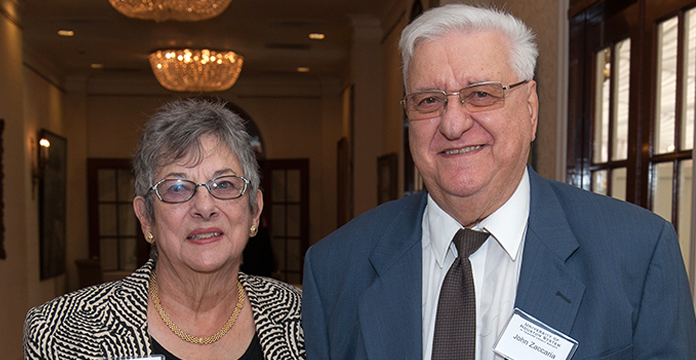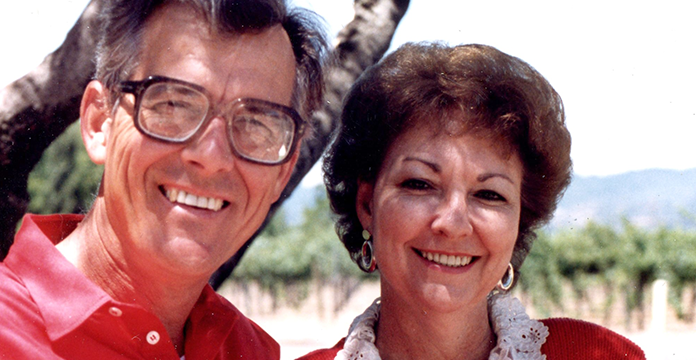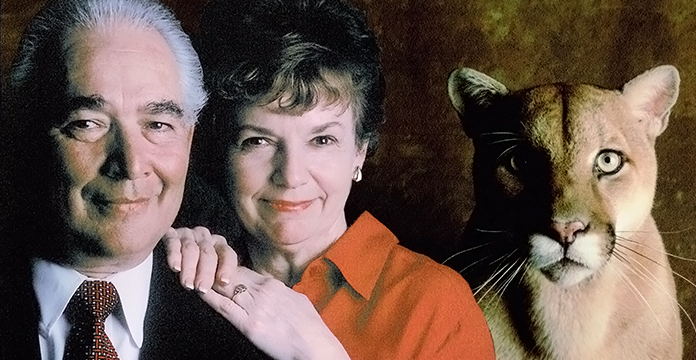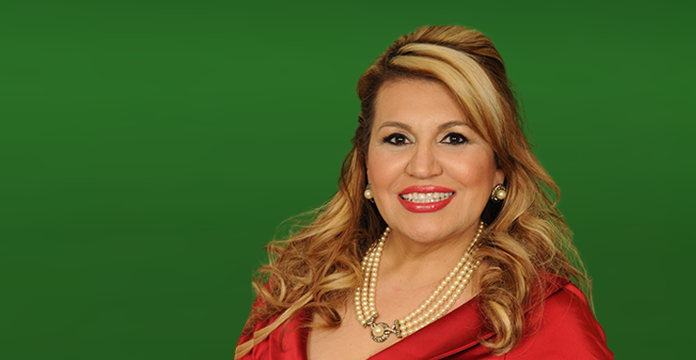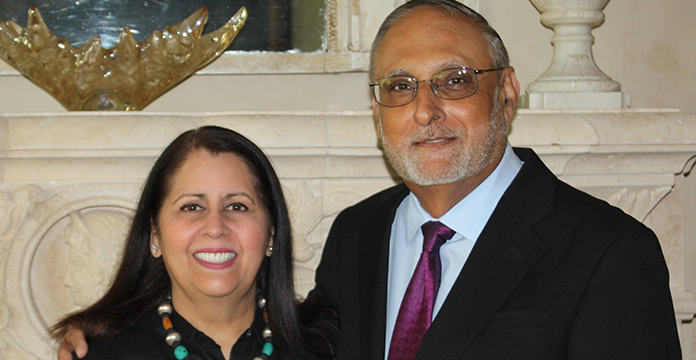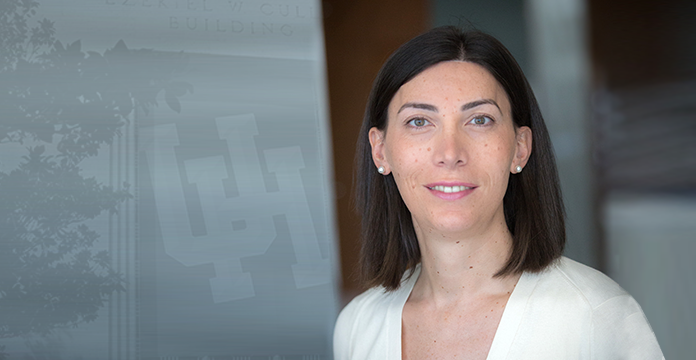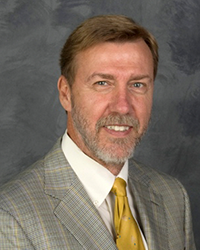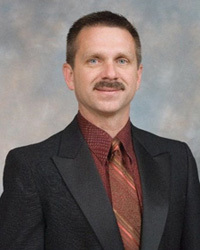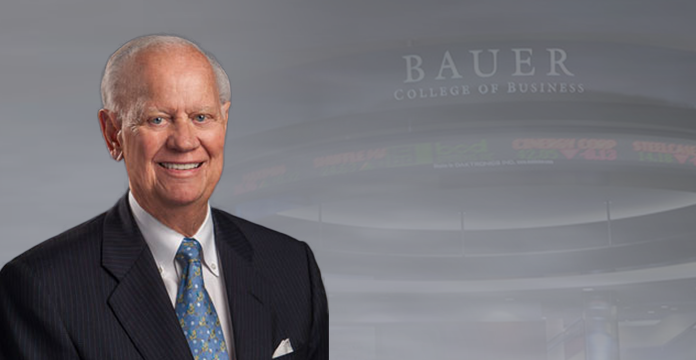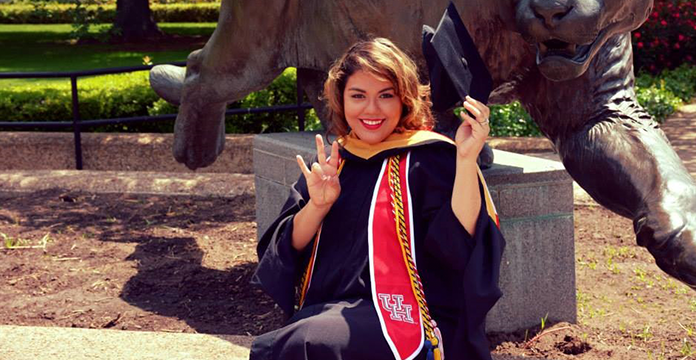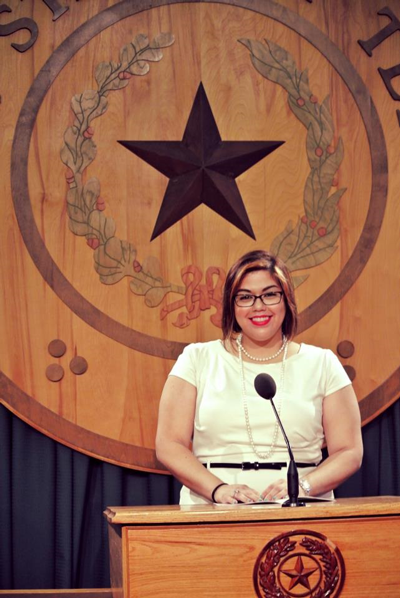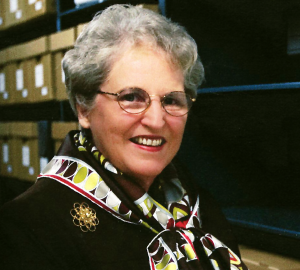
Carey Shuart
The Carey Shuart Women’s Collection and Research Archive at UH Libraries began as a dress box full of old papers collected by and about Carey Shuart’s grandmother, Blanche Espy Chenoweth. Chenoweth was an advice columnist, radio personality and lecturer during the early 20th century. Preserving her legacy was the impetus behind Shuart’s gift to name the Women’s Collection, the very first Special Collection within UH Libraries to become a named collection.
The vision of UH Libraries in forming these Special Collections is to foster a campus community nurtured by curiosity and creativity that emphasizes lifelong learning and scholarship. These archives allow all Houstonians to identify and respond to the social and cultural challenges affecting our community’s quality of life. The Carey Shuart Women’s Collection and Research Archive in particular serves as a beacon that inspires us to celebrate and explore women’s diverse experiences and accomplishments.
Inside the collection, topics range from the 1977 National Women’s Conference in Houston to various minority women’s groups’ minutes and materials; they embody the personal journeys and stories of local women. “Endowments like Carey’s not only help to get Houston’s women’s histories into classrooms on campus, but they can also bring students and scholars from around the country to Houston to learn from those unique histories,” explains Christian Kelleher, Head of UH Libraries Special Collections.
Many of the documents housed in the Collection are extremely rare, and researchers from far beyond Houston benefit from the Shuart Women’s Collection. “You won’t find these items anywhere else or in any other archives,” remarks Vince Lee, archivist of the Shuart Women’s Collection. He also points out that these documents are relevant to current-day policy, not just as historical artifacts: “For instance, the Texas Council on Family Violence was started by Debby Tucker, and her papers are now in the collection. Many of these organizations and models that were started by local women have been adopted by government at the national level.”
One popular resource is the Minnie Fisher Cunningham Papers. Cunningham was an early 20th century suffragist who worked with national figures to campaign for the passage of the Nineteenth Amendment, which allowed women the right to vote. Her papers include a congratulatory telegram from President Woodrow Wilson on her accomplishments. Faculty and students have used the collection for researching women’s suffrage in Texas, and its intersection with present day minority voting rights.
A primary source bridge between UH’s interdisciplinary Women’s, Gender & Sexuality Studies Program and the Houston community, the Shuart Women’s Collection is a truly incomparable resource that continues to thrive because of an insightful endowment gift.
There are several other Special Collections at UH Libraries that are not endowed as of yet — but in the future one lucky person or entity will be able to create an endowment and name the Houston & Texas History Collection, the Houston Hip Hop Collection, the Hispanic Collection, the LGBT Collection, the Energy & Sustainability Collection, and the University of Houston Archives. All of them are treasures inside the University’s libraries.
-Sarah F. Hill
